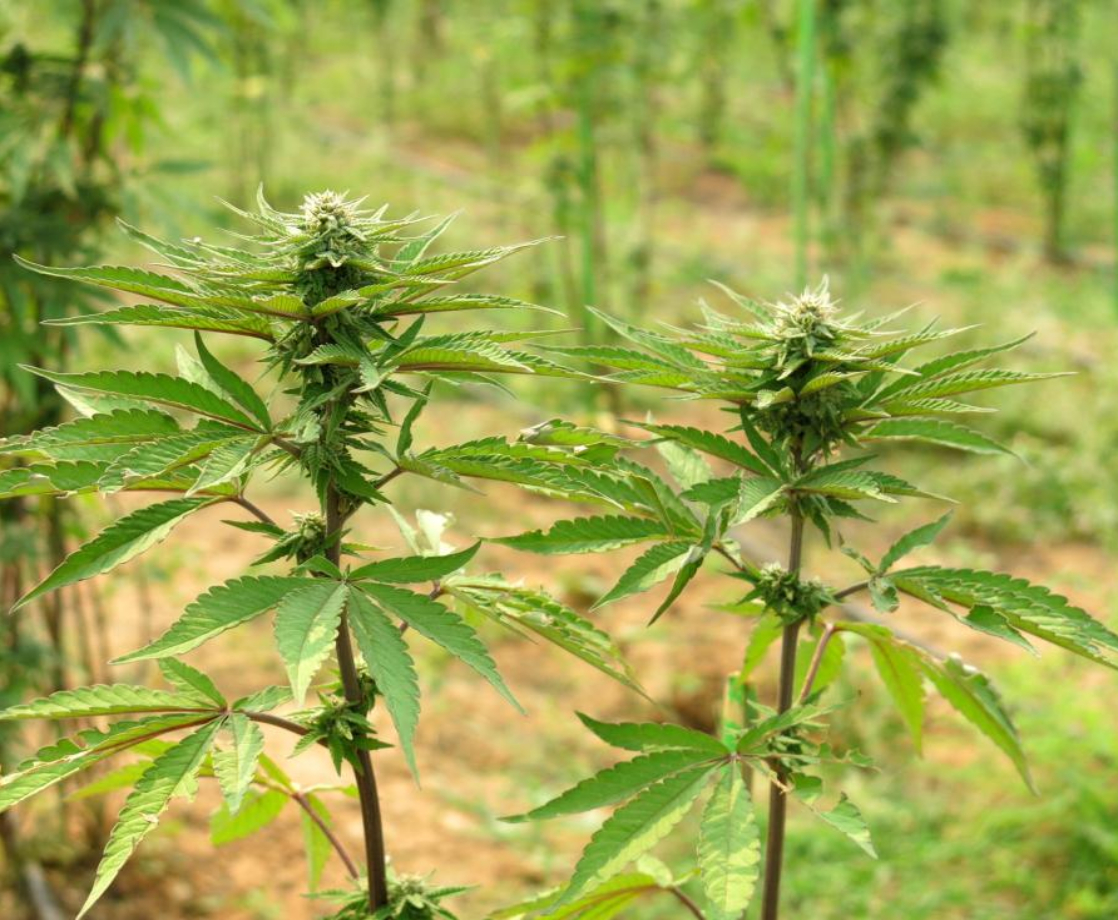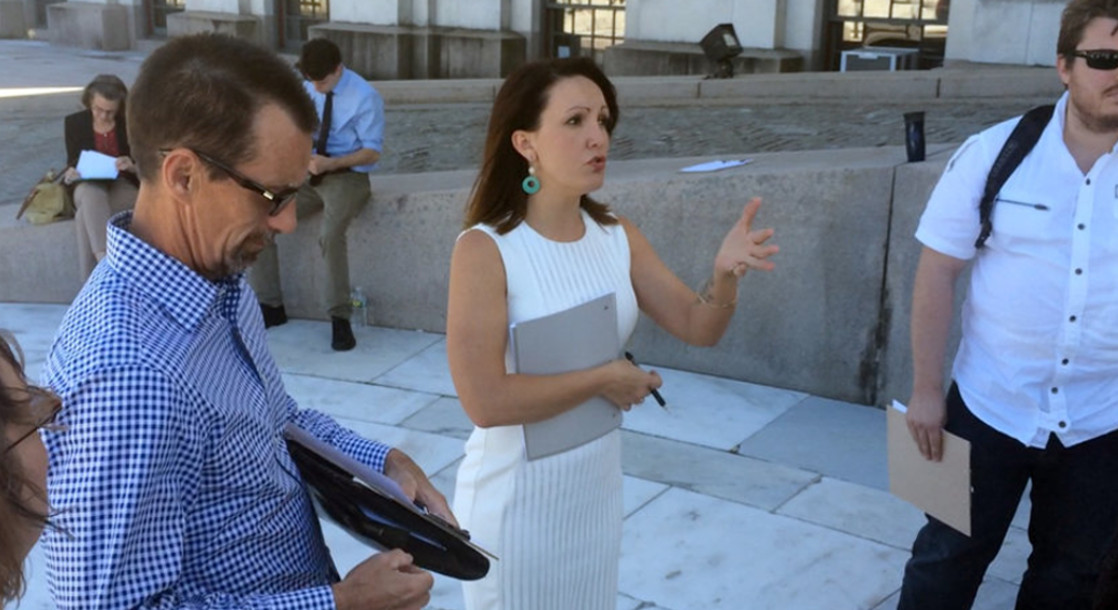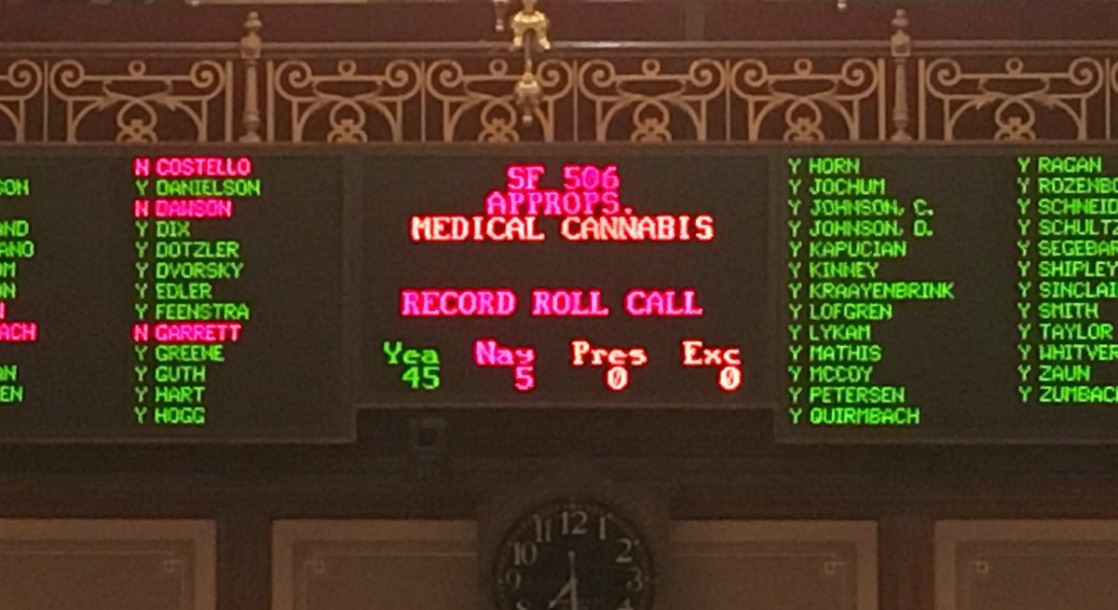A small but bold minority of activists in one of Indonesia’s most conservative provinces is calling for the local government to put an end to its extreme cannabis prohibition laws.
Like most Southeast Asian countries, Indonesia has some of the strictest drug laws in the world. But in the Muslim province of Aceh, these laws are even more strictly enforced. Under the province’s sharia law, anyone caught drinking a beer or kissing in public is subject to a brutal whipping.
But punishments for drug offenses are far more extreme. Possessing a small amount of weed is punishable by four to 12 years of imprisonment and up to $896,000 (USD) in fines. The punishments for drug trafficking are even worse: A convicted smuggler caught with over a kilogram of cannabis can face the death penalty.
The threat of death has done little to stop the residents of Aceh from growing, selling, and consuming weed, though. This region, located on the northwestern tip of Sumatra, is actually the country’s top cannabis producer. Locals often prepare mixtures of pot-infused coffee or create powerful edibles made from weed, rice, palm sugar, and coconut milk. Many households even grow a small number of pot plants in their backyards to use in cooking or for medical uses.
The Indonesian people have traditionally grown cannabis for both medical and recreational uses for centuries. Local historian Tarmizi Abdul Hamid has found mentions of medical marijuana in ancient manuscripts that pre-date the Dutch colonization of Indonesia. “It shows that ganja can be used to cure baldness or high blood pressure,” he told The Jakarta Post. “Ganja was also used for cooking and medicine. Smoking, however, is not mentioned in the ancient scriptures.”
Indonesia recently declared a national emergency over an upsurge in methamphetamine use. But, rather than dedicating all their efforts to wipe out this addictive drug, government officials will continue their war against weed. Cops destroyed over 100 tons of contraband weed last year, while throwing everyday pot users behind bars. The National Narcotics Agency has even devised a new plan to encourage local farmers to plant vegetables and other crops instead of cannabis.
Slowly but surely, a number of advocates have stepped up to challenge the country’s extreme drug laws. At a recent conference at Aceh’s Syiah Kuala University, Professor Musri Musman, a natural materials chemist, argued that allowing local farmers to legally cultivate cannabis again would vastly improve the province’s economy. “I’m certain that if the government legalizes cannabis and allows citizens to cultivate the plant, the Acehnese people will be rich and won’t need subsidies from the central government,” Musri said, according to The Phnom Penh Post.
Last week, Rafli, a lawmaker with the country’s Prosperous Justice Party (PKS), suggested that the country take the bold move of legalizing the cultivation and export of cannabis. “Marijuana can be used for pharmaceutical purposes or other uses,” Rafli argued. “We shouldn’t be too strict about this. We should be flexible in our way of thinking. Marijuana can grow easily in Aceh… We should turn marijuana into a good export commodity.”
Sadly, Rafli’s pleas fell on deaf ears. The PKS immediately reprimanded the lawmaker for advocating in favor of cannabis reform, and the National Narcotics Agency criticized his proposal over concerns that it would interfere with their plan to convince local farmers to stop growing weed. Although nearby Thailand has broken from local traditions and finally legalized medical marijuana, it seems unlikely that Indonesia is ready to put an end to prohibition.
But, although the government continues to ramp up its enforcement efforts, Aceh’s local weed growers will not be discouraged from cultivating the crop. “It’s impossible to get rid of ganja in Aceh,” a cannabis lover going by the pseudonym Iqbal told The Jakarta Post. “Cracking down on meth by destroying a lab is easier. But when police destroy a ganja plantation, it’ll just grow somewhere else.”











